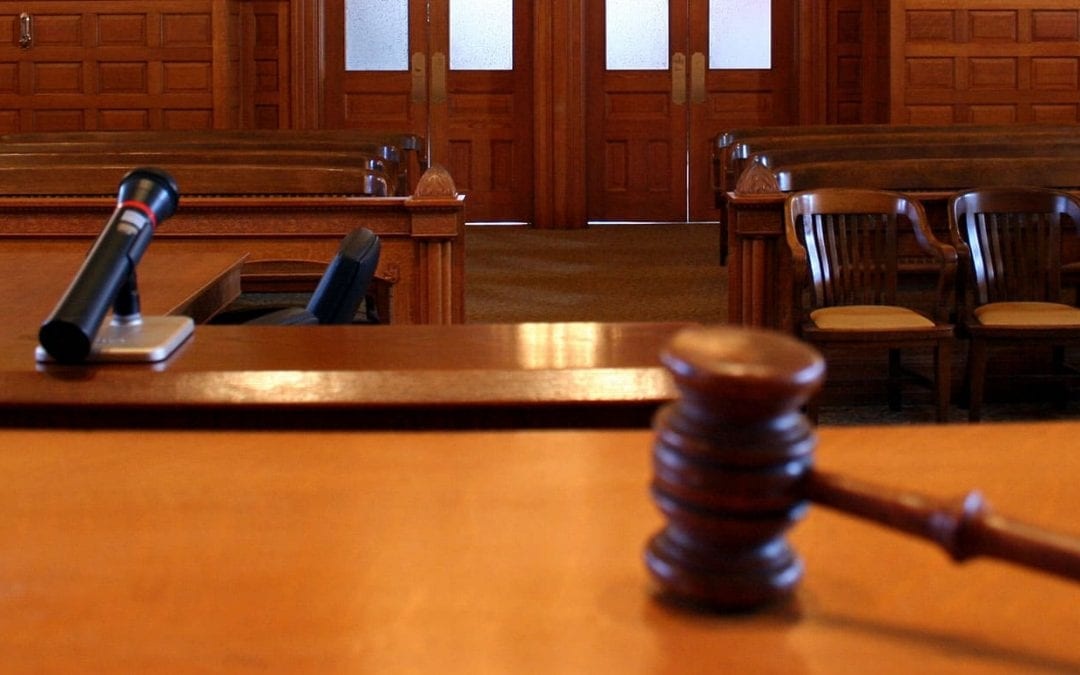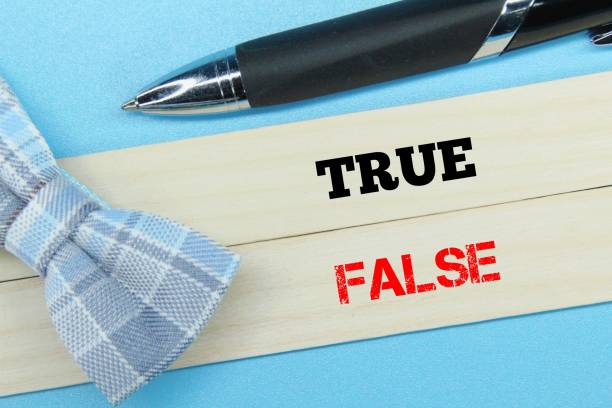Have you ever seen a lawyer object to something in a courtroom drama and shout “hearsay!”? The hearsay rule is a legal principle that limits the use of out-of-court statements as evidence. Here’s the basic idea:
Imagine someone tells you a rumor about someone else. In court, you can’t repeat that rumor as evidence because you don’t know if it’s true. You weren’t there to hear it firsthand. The Hearsay Rule is like that. It prevents people from using secondhand information in court. This is because the person who originally said it isn’t present for questioning or cross-examining purposes.
Indeed, we may have a general understanding of its meaning. However, in the legal or criminal sense, it has certain technical meanings. Some states share similar hearsay provisions in their uniform evidence acts, while other states rely upon the common law.
In NSW, the laws on hearsay are provided under the Evidence Act 1995. This article will discuss important matters regarding hearsay statements and the hearsay rule.
When Does the Hearsay Rule Apply?
Section 59 of the Evidence Act 1995 mentions the general rule. It provides that:
“Evidence of a previous representation is not admissible to prove the existence of a fact that one can reasonably suppose that the person intended to assert by the representation.”
The Evidence Act provides that “representations” include things said orally, written down, or communicated through conduct. A “previous representation” includes any such statement (whether made orally, in writing or through conduct) made outside of court proceedings.
To put it another way, the rule allows witnesses to testify about things they personally witnessed, heard, or experienced. They cannot provide proof of what they know just because they heard it from someone else.
Person A is testifying, for instance, in a criminal case in which Person B is an alleged robber. PPerson A can’t testify Person B robbed the bank based solely on hearsay (hearing it from Person C). This would not be admissible. Why? This is because the testimony depends on the statements of person C to prove the existence of a reality that person A is not directly aware of.

The Rationale for the Hearsay Rule
The American Law Reform Commission cites the following as justifications for the rule:
- out of court statements are usually not on oath;
- there is usually an absence of testing by cross-examination;
- the evidence might not be the best evidence;
- there are dangers of inaccuracy in repetition;
- there is a risk of fabrication;
- to admit such evidence can add to the time and cost of litigation; and
- to admit such evidence can unfairly catch the opposing party by surprise.
Notably, under Section 165 of the Evidence Act, hearsay is the first one under “unreliable evidence”. This may be because the remoteness and lack of opportunity for cross-examination affects the quality of evidence.
Case Study About Hearsay
This is a leading Privy council case giving a definition of the rule which the Commonwealth often cites. It was a case that courts heard on appeal from the Federation of Malaya.
In this case, the appellant faced a charge of possession of ammunition for the purpose of helping a terrorist enemy. This is punishable by death. The defendant argued that terrorists had captured him, and he acted under duress. As part of the defence, he wanted to testify about conversations he had with the terrorists. He wanted to introduce evidence describing his capture and what the terrorists said to him.
The case centered on whether overheard conversations from terrorists were hearsay (unreliable second-hand info). The trial judge blocked any mention of these conversations unless the terrorists themselves showed up in court.
On appeal, the court reversed this decision. The higher court ruled it’s only hearsay if the goal is to prove the truth of what was said. If the purpose is simply to show someone made those statements, regardless of truth, then it’s admissible.
In simpler terms, hearsay requires using statements to prove their content is true. Here, the truth didn’t matter. What mattered was proving the terrorists actually said those things. This case highlights that some out-of-court statements, even though not directly spoken in court, are admissible for reasons beyond proving their truth.
Are There Exceptions to the Hearsay Rule?
In most courts, such statements are inadmissible due to concerns of its nature and reliability; because the witness is merely quoting persons who are not present in court. It is not based on the personal knowledge of the witness, but on the knowledge of another person who is not even on the witness stand. However, in Australia, there are exceptions to the hearsay rule, such as:
Statements that are relevant for a non-hearsay purpose
Section 60 of the Evidence Act 1995 provides that the rule “does not apply to evidence of a previous representation that courts admit because it is relevant for a purpose other than proof of an asserted fact.”
Statements that parties make for a non-hearsay purpose are admissible. In other words, Section 60 allows representations, once admitted for another relevant purpose, to be used as evidence of the truth of the assertion they contain. For example, the doctor uses the health history that he/she gets from a patient to form an expert opinion.
Unavailable witnesses
In general, the Dictionary of the Evidence Act provides that a person is not taken to be available to give evidence about a fact if: –
- the person is dead, or
- the person is, for any reason other than the application of section 16 (Competence and compellability: judges and jurors), not competent to give the evidence, or
- the person is mentally or physically unable to give the evidence and it is not reasonably practicable to overcome that inability, or
- it would be unlawful for the person to give the evidence, or
- a provision of this Act prohibits the evidence being given, or
- all reasonable steps have been taken, by the party seeking to prove the person is not available, to find the person or secure his or her attendance, but without success, or
- all reasonable steps have been taken, by the party seeking to prove the person is not available, to compel the person to give the evidence, but without success.
Sections 63-65 of the Evidence Act 1995 deals with the laws pertaining to unavailable witnesses.
In civil proceedings, for example, a witness who saw or heard a representation about an asserted fact being made by an unavailable witness may give evidence of that representation. A document containing a written representation of an unavailable witness is also admissible.
It must be noted that several exceptions under these Sections do not apply unless the party provides reasonable notice in writing of intention to adduce hearsay evidence.
Admissions.
Under Section 81 of the Evidence Act, admissions made out of court or an out of court statement are admissible.
Admissions are generally reliable because they are statements that challenges the interests of the maker. However, under Section 84, out-of-court admissions are not admissible. This is threats, violence or other oppressive or degrading conduct were present factors in the admission.
Other exceptions under the Evidence Act include contemporaneous statements, or statements occurring at the same time about a person’s health, business records, tags and labels, electronic communications, public or general rights, and use of evidence in interlocutory proceedings.
Under these specific exceptions, the hearsay statement may be admissible.

Do You Need Legal Help?
If you seek legal representation, JB Solicitors has a leading team of highly experienced criminal lawyers who can assist you with your situation. We can ensure to resolve your legal matters on the hearsay evidence or hearsay rule.
Contact us today if you need help with court representation and legal advice.
